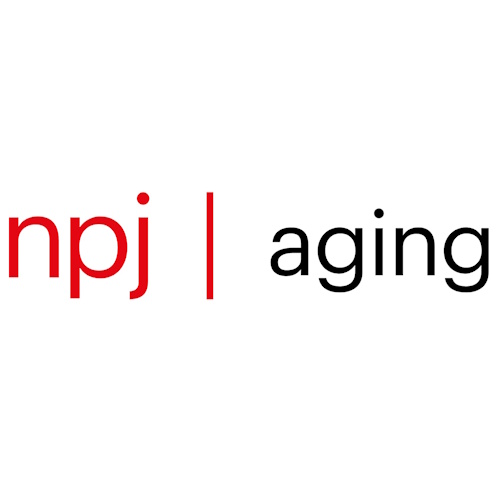Key points from article :
In mice, reducing caloric intake by 30-40% leads to a 30-40% increase in lifespan.
Now shown that mice kept on a caloric restriction diet have improved DNA repair efficiency.
Cells have several mechanisms to repair double-strand breaks, including non-homologous end joining (NHEJ).
Could quantitatively estimate NHEJ activity and efficiency by measuring fluorescence in cell cultures.
NHEJ efficiency was greater in skin, lung, kidney, and brain cell cultures from mice kept on a caloric restriction diet for four weeks.
There was also an increase in the expression of the DNA repair-associated genes DNA-PK and SIRT6.
Research by University of Rochester published in Aging and Mechanisms of Disease.



/calorie-restriction-cr-thumbnail.jpg)


